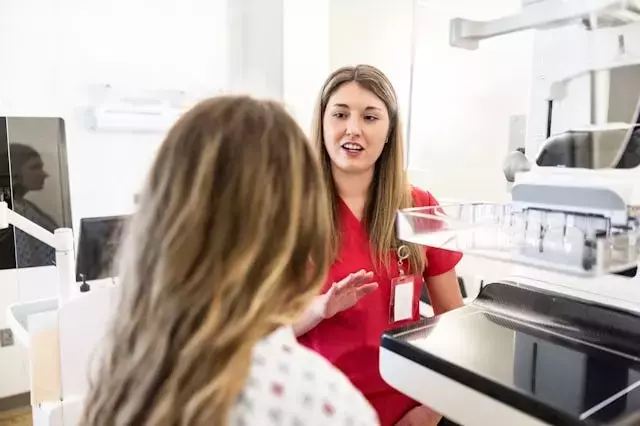
Taking care of our health often involves various routine medical examinations, and while we understand their significance, busy modern life frequently leads to postponing these crucial appointments. A recent comprehensive study conducted in Sweden, encompassing more than 430,000 women, has shed new light on the profound impact of adhering to the schedule for one's very first mammogram.
This extensive research, which tracked participants for 25 years, revealed a concerning trend: approximately one-third of women referred for their initial screening mammogram chose not to attend. Alarmingly, these non-participants were also less likely to undergo subsequent screenings. This group faced a significantly elevated risk of being diagnosed with breast cancer at later, more advanced stages, specifically a 1.5 times greater chance of a Stage 3 diagnosis and a 3.6 times greater chance of a Stage 4 diagnosis, compared to those who completed their initial screening on time. Medical experts suggest that missing this first appointment often serves as an early indicator of a patient's potential to consistently miss future recommended screenings, thereby increasing their long-term health risks. This finding emphasizes the importance for healthcare providers to proactively engage with patients who do not attend their initial screenings.
The findings from this study reinforce existing medical guidelines, such as those from the American Cancer Society, which advise women to begin mammogram screenings between ages 40 and 44, and annually from age 45. The U.S. Preventive Services Task Force also recently updated its recommendations to advocate for annual mammograms starting at age 40, aligning with the goal of early cancer detection and improved patient prognoses. Early detection is especially critical given that breast cancer remains the most prevalent cancer and a leading cause of cancer-related mortality among women aged 20 to 49, with younger women often developing more aggressive forms of the disease. Therefore, viewing your mammogram appointment not as a burdensome chore but as a proactive investment in your future well-being can lead to healthier, happier years ahead.
Embracing preventive healthcare measures, such as timely mammograms, is a testament to prioritizing personal well-being and a commitment to a healthier future. These screenings are not merely medical procedures; they are opportunities to take control of our health narrative, empowering us with early knowledge and better treatment outcomes. By valuing and attending these appointments, we contribute to a broader culture of health consciousness, ensuring that we and our communities benefit from the profound advantages of proactive care.
